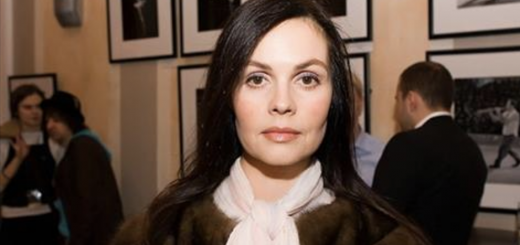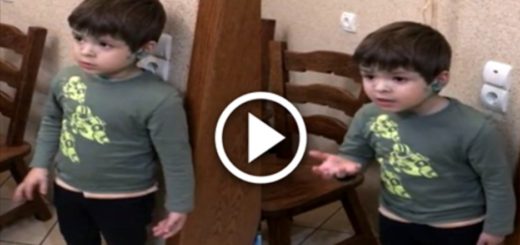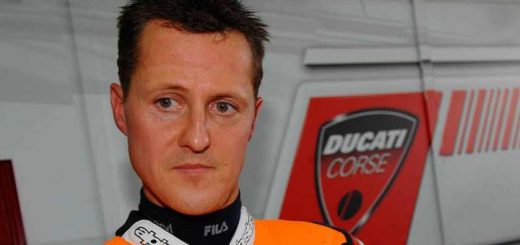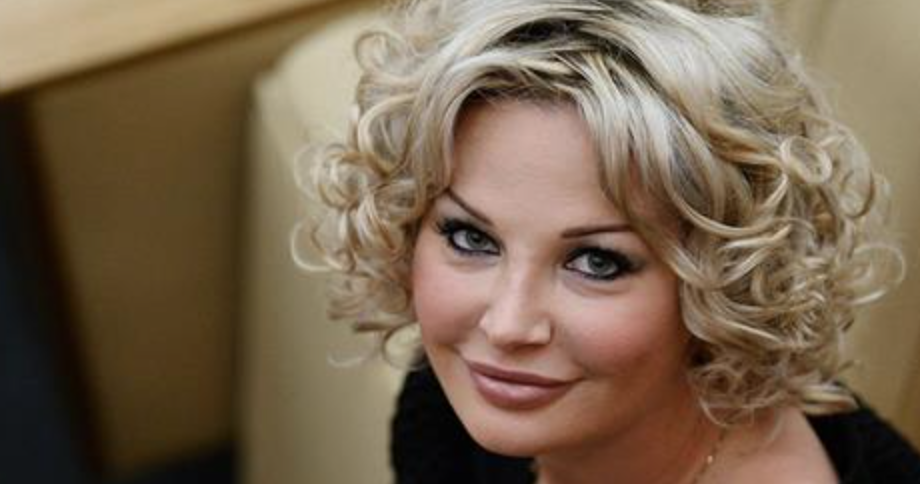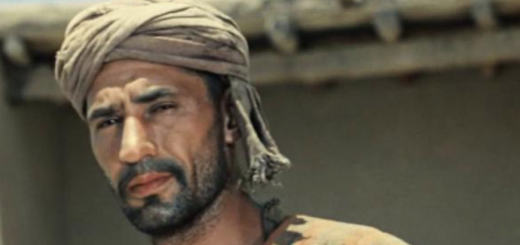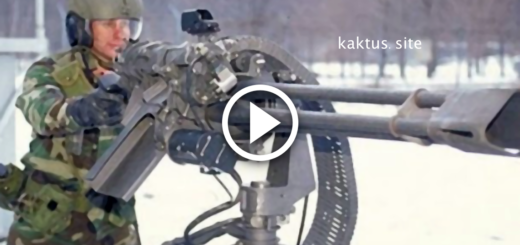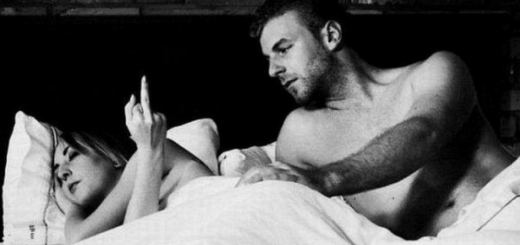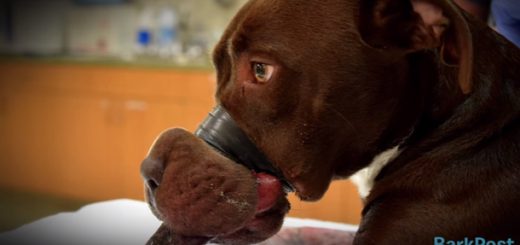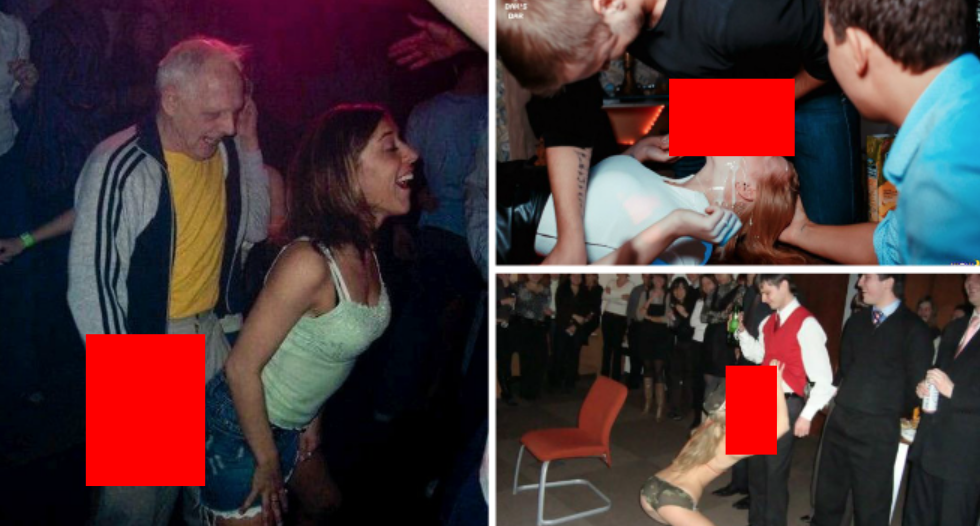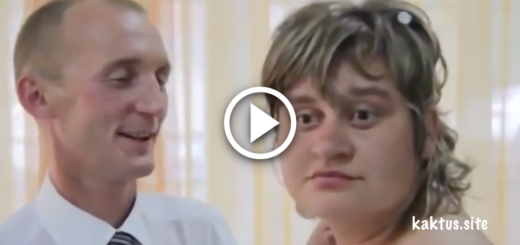Robert was particularly interested in this area, asking questions about the decision-making processes and the leadership structure of the company. Michael built all of this? He signed, looking around the elegant executive suite with its polished wood paneling and original artwork. He did, I confirmed.
The company has grown tremendously under his leadership. Everyone here has a lot of respect for him. Robert nodded, but I could see something wistful in his expression.
I’m proud of him, he signed. I just wish… What do you wish? I asked, gently. I wish I knew him better as an adult.
When he was young, we were very close. But as he got older, especially after his mother died, he seemed to feel like he needed to take care of everything himself. He stopped asking for help, stopped sharing his problems with me.
I think he thought my deafness made me fragile, that he needed to protect me from his worries. My heart ached for both of them. For Robert, who clearly loved his son deeply, but felt shut out of his life.
And for Michael, who had probably been trying to be strong and independent, but had inadvertently created distance between them. It was nearly 3pm when we finally returned to the lobby. Robert’s scheduled meeting time had long passed, and I could see that he was beginning to accept that he wouldn’t be seeing his son today.
Thank you, Catherine, he signed, his hands moving with sincere gratitude. This has been wonderful. I feel like I understand Michael’s world so much better now, and I’ve enjoyed getting to know you.
You remind me of my late wife. She had the same kind heart, the same way of making people feel seen and valued. It’s been my pleasure, I signed back, and I meant it.
Despite the anxiety I felt about neglecting my work duties, the afternoon had been one of the most meaningful I’d experienced since starting at Meridian. As Robert prepared to leave, I saw Margaret approaching from across the lobby. My supervisor’s face was a mask of barely controlled anger, and I knew I was about to face the consequences of my choices.
Catherine, Margaret said, her voice sharp enough to cut glass, I need to speak with you, now. I turned to Robert to explain that I had to go, but before I could sign anything, a voice behind me said, Actually, Margaret, I need to speak with Miss Walsh first. I turned around and found myself face to face with Michael Hartwell himself.
He was tall, probably in his early 50s, with the same intelligent eyes as his father, and an air of quiet authority that made it clear why he was successful in business. But there was something else in his expression. Something that looked like emotion carefully held in check.
Mr. Hartwell, Margaret stammered, clearly as surprised as I was. I was just about to discuss Miss Walsh’s absence from her assigned duties today. She was supposed to be… She was supposed to be helping my father, Michael said, quietly, his eyes never leaving my face.
Which, from what I observed, she did beautifully. The lobby seemed to go quiet around us. Margaret’s mouth opened and closed without sound.
Robert was looking back and forth between his son and me with growing understanding and delight. Dad, Michael said, and for the first time, I heard his voice soften. He turned to his father and began to sign.
Slowly, somewhat clumsily, but with obvious effort and care. I’m sorry I kept you waiting. I didn’t know you were here until… He paused, glancing at me, then continued signing.
Until I saw you with Catherine. I’ve been watching you two for the past hour. I haven’t seen you look that happy in years.
Robert’s face was radiant, with joy and surprise. You’ve been learning to sign? I’ve been trying, Michael admitted, his hands moving more confidently now. I should have done it years ago.
I should have made more effort to communicate with you in your language instead of always expecting you to adapt to mine. Father and son embraced then, right there in the middle of the busy lobby, and I felt tears spring to my eyes. Around us, the usual bustle of the office had slowed as people stopped to watch this unexpected reunion.
When they separated, Michael turned back to me. Ms. Walsh, could I speak with you in my office? There are some things I’d like to discuss. My heart was pounding as I followed Michael Hartwell to the elevator, with Robert walking beside us.
Margaret had disappeared, probably to process what had just happened and figure out how to handle the fact that her intern had just been personally requested by the CEO. The executive elevator was silent, except for the soft hum of machinery. I kept glancing at Robert, who was practically glowing with happiness, and at Michael, whose expression was unreadable but intense.
Michael’s office was everything I had imagined and more. Floor-to-ceiling windows with a breathtaking view of the Chicago skyline, elegant furniture that probably cost more than my annual salary, and walls lined with awards and photographs documenting the company’s success. But what struck me most was how impersonal it felt, how little of Michael himself was visible in the space.
Please, sit, Michael said, gesturing to the chairs in front of his desk. Robert and I sat down, and Michael took the chair next to his father, rather than behind his desk, a small gesture that somehow made the conversation feel more personal. Ms. Walsh, Michael began, I owe you an apology, and an explanation.
I looked at him in confusion, an apology? Sir, I’m the one who should be apologizing. I know I was supposed to be working on the presentation materials, and instead I- He held up a hand to stop me. You did exactly what you should have done, what I wish more of my employees would do.
He paused, looking at his father with an expression that was equal parts love and regret. My father has visited this office exactly three times in the ten years since I became CEO. Each time, he’s been treated like an inconvenience, a disruption to the important work happening here.
Each time, I’ve watched from a distance as my own employees, people I pay, people who represent my company, have made him feel unwelcome in his own son’s workplace. Robert reached over and touched his son’s arm, signing something I couldn’t quite catch. Michael nodded and continued.
Today was different. Today, I watched a 22-year-old intern abandon her assigned duties to spend three hours making my father feel valued, respected, and included. I watched her translate conversations, facilitate connections, and treat him not as a burden or an obstacle, but as an honored guest.
His voice grew thick with emotion. I watched her give him something I haven’t given him in years, the feeling that he belongs in my world. I felt tears welling up in my eyes.
Mr. Hartwell, I just… I have a younger brother who’s deaf, and I know how it feels when people ignore him or treat him like he’s invisible. I couldn’t stand to see that happen to your father. And that, he said, is exactly why I need to talk to you about your future here.
My heart sank. This was it, the gentle letdown before the termination. I understand if you need to let me go, I said quietly.
I know I didn’t do my assigned work today. Michael looked genuinely surprised. Let you go? Miss Walsh, I want to offer you a job, a real job, not an internship.
I stared at him, certain I’d misheard. I’m sorry, what? What I witnessed today showed me something that’s been missing from this company, a genuine commitment to inclusion and accessibility. We talk about diversity and inclusion in our mission statement, we have policies in our employee handbook, but we don’t live it.
We don’t embody it. I want to change that, and I want you to help me do it. Robert was beaming, signing rapidly to his son.
Michael smiled and signed back, then turned to me. I’m creating a new position, Director of Accessibility and Inclusion. It would be your job to ensure that Meridian Communications is truly accessible to everyone, employees, clients, and visitors.







